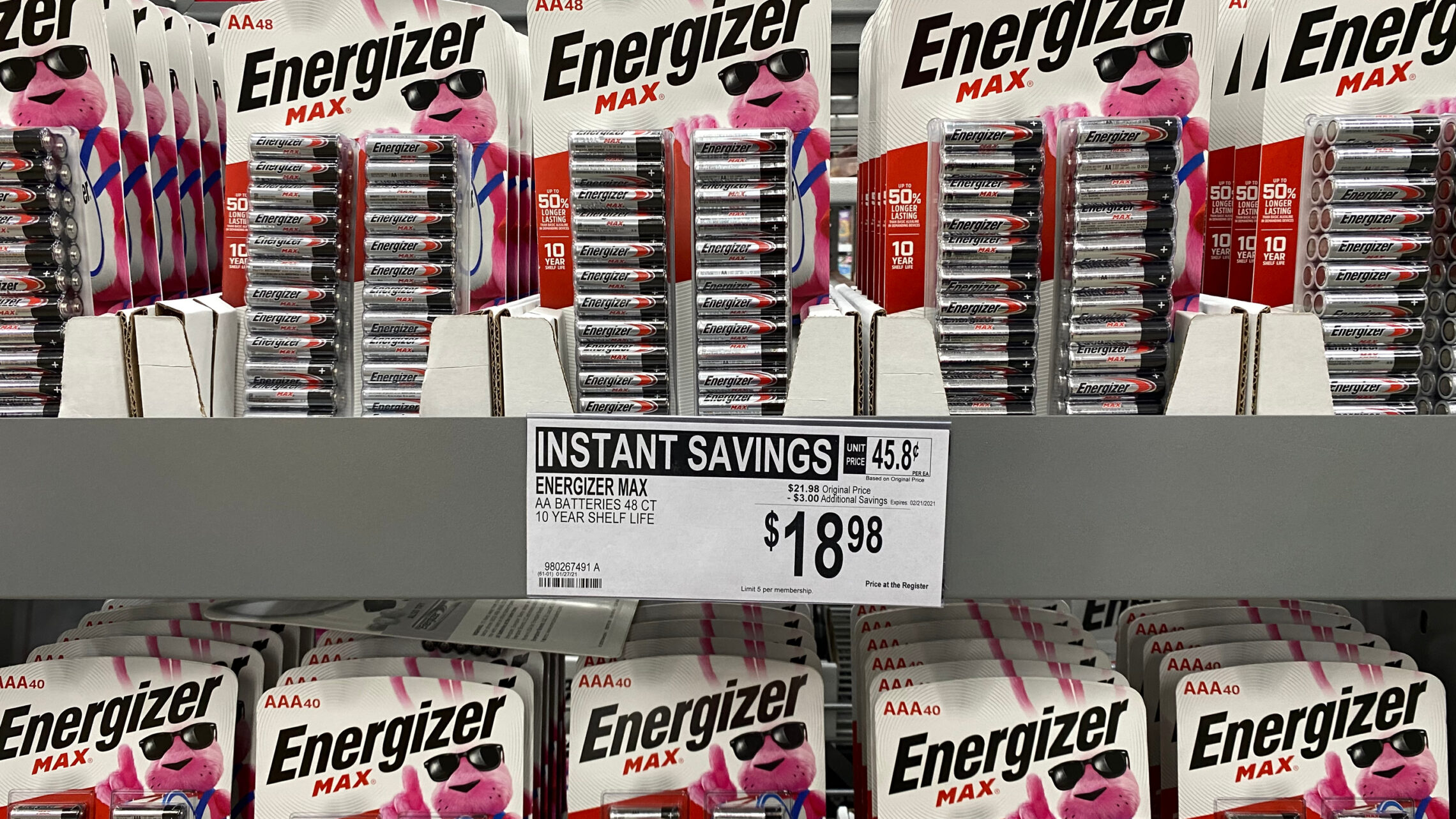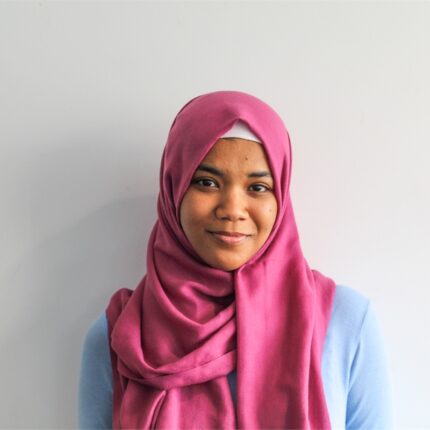Education for society. Education for self-development. Education for discovery. Education for education’s sake. Somewhere in the misery of a marketised education system constantly being bullied by the government.
Universities have one by one been forgetting that they must not become businesses. Their purpose is the grander project of providing an education with which we navigate with intellectual clarity and limitless curiosity a complicated world.
Our broad and deep vision for education is constantly under attack from those who see students as disposable, lecturers as unnecessary, FE as unworthy of funds and universities as elaborate pre-training centres for a lifetime of corporate unhappiness.
Vice chancellors in particular have a responsibility to protect education from being devalued rather than picking a fight with our educators – contributing to disunity in the sector.
In the face of these external attacks on the sector, the student leader, whether in a campus society or as a full-time SU officer, is an essential defender of deeper values. They look after their fellow students, protect each other’s mental health and uphold the idea that education should be free, because it is the key to every doorway.
Karma Chameleon
The life of a student leader can be a chaotic one. On the one hand we can be sitting in the boardroom, reading through papers trying to navigate our way through all the HE jargon then we are rallying students to turn the rhetoric of a better world into reality.
From the top-down and the bottom-up, SUs and student organisers are the lifeblood of our sector, the pioneers of change in education. It is my hope as NUS National President to be there for our members and the students they represent, making NUS relevant to them as well as reaching out to increase the power and influence of our movement.
There can be no national union without supporting SUs and enabling grassroots organising from the ground up as this is where tangible and liberatory change will come from. I have a few ideas.
Transforming NUS
Having been an organiser and then a sabbatical officer at City Students’ Union, beyond the statements of intent, membership fees and visionary campaigns, I struggled to see the relevance of NUS to us, to the work we do on the ground in supporting and representing students.
Whilst we cannot dismiss the value and importance of the need to transform the way we learn beyond the confines of our institutions, it is imperative that we ground this in the work being done at SUs and on our campuses so that students on the ground are shaping and leading this very vision.
As well as making ourselves present at unions up and down the country, I want to establish regional networks which act as hubs for students to feed into our aims and to define what a “New Vision for Education” looks like for students on their campuses. I want student leaders to connect with one another, build networks, share knowledge on organising and enacting change. It is only through working collectively, learning off of each other and showcasing what works can we lay the foundations for transformative change.
Supporting students and giving them power
We have seen the power that students can yield. Just over a year ago student rent strikers at the University of Manchester were able to win a 30% cut in rent, in 2019, Goldsmiths Anti-Racist activists after a 137 day occupation were able to get crucial concessions in the fight against institutional racism, including the imbedding of cultural competence in mental health services and mandatory anti-racist training for all staff including the Senior Management Team.
I want students to know they are supported, to know what rights they hold, how to utilise relationships with institutions and other stakeholders. We will do this by preparing toolkits on organising and building on organising schools that have been run in coalition with other groups and outstretch them to every region in the country.
I want students to go back to their campuses, utilise working relationships and use these resources and skills to get those necessary transformative wins.
Being an SU Officer is a role and/or job (if you can call it that) like no other. Jumping straight into a relatively senior role straight from graduation or as a sabbatical from your studies is incredibly daunting.
Often we, and women of colour in particular, will second-guess and gaslight ourselves because we have been propelled into spaces that were not designed for us. We have to balance being a trustee with being an organiser, being a partner with being a challenger, being a listener with being a shouter.
Officers too often are burnt-out because of the multiple competing responsibilities of the role. Any regional structures that we establish must provide urgent support for SUs as well as provide mental health support for sabbs. I’d like to work with SUs in developing a comprehensive framework for how we can support burnt out sabbs, particularly those from marginalised backgrounds.
Supporting the changemakers
We also have to be frank about the political context which contributes to sabbatical officer and student organiser burnout. Deadlock at the negotiating table between senior managers and unions, leading to strike action, leading to student discontentment, which in turn leads to hundreds of students relaying their legitimate concerns to their elected leaders on campus. All of this takes its toll and is a hugely contributing factor to burnout.
We need to start laying the foundations for long-lasting change on our campuses and how we as elected leaders can leave a legacy with students being front and centre.
As well as providing a support network for SU officers, I make a plea to VCs and senior leaders in the sector – we are facing a mental health crisis, rent and the cost of living for students is going up, we need you to come to the table to recognise the bigger picture.
We need you to listen to us, work with us and recognise the value of our contributions and experiences. Value our lecturers and keep the education sector united in the face of those who value little of anything any of us are doing. The challenges facing students and staff are bigger than any one of us.
This is my promise to SUs, to elected student representatives from the course rep to the sabbatical officer, to the student activist pursuing social justice, to the student studying currently in the library – NUS is yours and we will be here to support you, to enable and to push for you. I look forward to organising with and learning from you all.



















What tangible, substantial action do you plan to take in your two year term to ensure that Jewish students receive the support, representation and advocacy they need at a time of surging antisemitism?